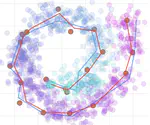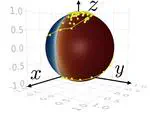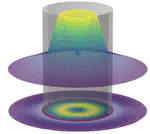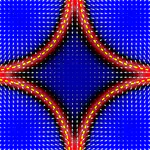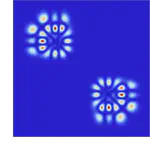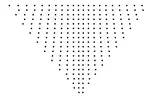Frank Schäfer
Senior AI Research Scientist
Axiomatic AI
Biography
I am a researcher at Axiomatic AI where we develop verifiable AI technologies to accelerate progress in science and engineering. Previously, I was a postdoc in the Julia Lab located in the Computer Science and Artificial Intelligence Laboratory (CSAIL) at the Massachusetts Institute of Technology (MIT). I completed my PhD in physics in the Bruder group within the “Quantum Computing and Quantum Technology” PhD school at the University of Basel. During my PhD, I participated in the Google Summer of Code (GSoC) 2020 and 2021 programs with the projects “High weak order stochastic differential equation solvers and their utility in neural stochastic differential equations” within the Julia Language organization and “Neural Hybrid Differential Equations and Adjoint Sensitivity Analysis” within the NumFocus organization, supervised by Chris Rackauckas, Moritz Schauer, Mohamed Tarek, and Yingbo Ma. Since 2020, I am a member of the SciML open source software organization for scientific machine learning.
- Probabilistic machine learning
- Differentiable & probabilistic programming
- Stochastic & quantum optimal control
- Parameter inference / estimation theory
- Stochastic processes and many-body physics
-
PhD in Physics under the supervision of Prof. Dr. Christoph Bruder, 2022
Department of Physics, University of Basel
-
MSc in Physics under the supervision of Prof. Dr. Andreas Buchleitner, 2018
Department of Physics, Albert-Ludwigs-Universität Freiburg
-
BSc in Physics under the supervision of PD Dr. Thomas Wellens, 2015
Department of Physics, Albert-Ludwigs-Universität Freiburg
